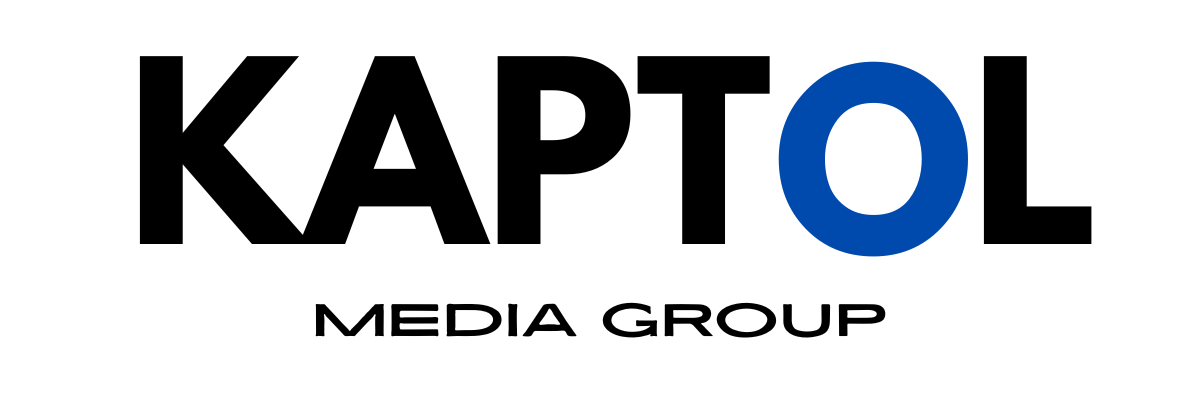WEBSITE DESIGN
Why is website design and optimisation important?
Website design and optimisation play crucial roles in the success of any online business.
In today's digital age, a company's website often serves as the first point of interaction with potential customers. As such, it acts not just as a platform for selling products or services, but also as a representation of the brand's image and values. Effective website design and optimisation can provide significant advantages, helping to attract and retain customers while driving business growth.
Importance of Effective Website Design:
First Impressions Matter:
The design of a website often forms the first impression customers will have of a business.
A well-designed website that is visually appealing and easy to navigate can create a positive impression and encourage visitors to stay longer, while a poorly designed website might drive potential customers away.
Brand Consistency:
A professional website helps maintain brand consistency across all customer touchpoints. Elements like logos, colours, and layouts that align with the business’s branding help reinforce the brand’s identity and enhance customer recognition.
User Experience (UX):
Good website design prioritises user experience by ensuring that the site is easy to navigate, information is easy to find, and the website loads quickly. A positive user experience can significantly impact customer satisfaction and loyalty.
Accessibility:
An optimised website design includes accessibility features that ensure all potential customers, including those with disabilities, can use the site effectively. This not only expands the customer base but also complies with legal standards in many regions.
The Importance of Website Optimisation:
Search Engine Optimisation (SEO):
Optimising a website for search engines is essential to improving visibility, attracting more traffic, and driving business growth.
SEO involves multiple strategies, such as:
- Keyword Research and Integration: Identifying and using relevant keywords that align with user search intent ensures that your content appears for the right queries.
- Optimised Content and Metadata: Crafting high-quality, engaging content and optimising title tags, meta descriptions, and headers help search engines understand and rank your website.
- Improved Site Structure: A well-organised, easy-to-navigate site structure ensures that both users and search engine crawlers can access your content efficiently.
- Fast Loading Speeds: Optimising performance ensures that pages load quickly, enhancing user experience and boosting search engine rankings.
By combining these elements, SEO helps your website rank higher in search engine results pages (SERPs), increasing the likelihood that potential customers will find your business.
Mobile Responsiveness:
In today’s mobile-first world, a mobile-responsive design is non-negotiable.
With a significant portion of web traffic coming from mobile devices, a responsive website:
- Adapts Seamlessly: Automatically adjusts to various screen sizes, orientations, and resolutions, providing a consistent user experience.
- Enhances Usability: Offers intuitive navigation, readable text, and easily tappable buttons, ensuring users stay engaged regardless of the device they use.
- Boosts SEO Rankings: Search engines like Google prioritise mobile-friendly sites in their rankings, making responsiveness a crucial factor in visibility.
A mobile-optimised website not only improves user satisfaction but also positions your brand as modern and customer-focused.
Conversion Optimisation:
Website optimisation goes beyond attracting visitors—it’s about turning those visitors into customers.
Conversion rate optimisation (CRO) focuses on:
- Clear Calls-to-Action (CTAs): Strategically placed and visually compelling CTAs guide users toward desired actions, such as purchasing, signing up, or downloading.
- Simplified Navigation: A well-organised menu and intuitive layout help users find what they’re looking for without frustration.
- Streamlined Checkout Processes: Minimising steps, offering multiple payment options, and ensuring a secure transaction process reduce cart abandonment rates.
By designing your website with conversions in mind, you can maximise the return on your traffic and marketing investments.
Load Time and Technical Performance:
Website speed is a critical component of both user experience and SEO.
Slow-loading sites frustrate users, leading to higher bounce rates, while fast-loading pages keep users engaged and improve rankings. Key strategies for optimising load times include:
- Image Optimisation: Compressing and resizing images to reduce file size without sacrificing quality.
- Leveraging Browser Caching: Enabling caching allows users’ browsers to store certain website data, speeding up subsequent visits.
- Improving Server Response Times: Using reliable hosting and minimizing server requests ensures faster page load speeds.
- Minimising Code and Scripts: Reducing the size of CSS, JavaScript, and HTML files enhances performance.
A technically optimised website not only delivers a seamless user experience but also establishes your brand as reliable and professional.
By prioritising website optimisation, businesses can ensure they not only attract visitors but also convert them into loyal customers while providing a top-tier user experience.
How Kaptol Media Can Help:
At Kaptol Media, we understand that your website is more than just a digital presence—it's a 24-hour shop front available to customers worldwide.
By focusing on both design and optimisation, we ensure that your website not only attracts visitors but also engages and converts them effectively.
Our approach involves:
- Creating aesthetically pleasing designs that align with your brand.
- Implementing SEO best practices to increase your site’s visibility.
- Ensuring your website is accessible and user-friendly across all devices.
- Optimising technical aspects to enhance performance and user experience.
In essence, effective website design and optimisation are not just about creating a good-looking website; they are about creating a functional, accessible, and efficient online presence that serves as a critical tool in your marketing and business strategies.
Benefits of brilliant website design.
A well-designed website is more than just a visual representation of a business; it's a multifaceted tool that can significantly amplify a company's presence and operational capability.
With today's digital landscape, having an effective and engaging website is essential for the survival and growth of any business.
Here are some key benefits that a brilliant website design offers:
Accessibility Around the Clock:
Having a website means your business is open 24/7, 365 days a year.
Customers can access your products and services at any time, which is especially important in today's fast-paced world where consumers expect immediacy and convenience.
This constant availability can lead to increased sales and enhanced customer satisfaction.
Global Reach:
Unlike a physical store, a website is not confined to a geographical location.
A well-designed website can expand your business's reach to a global audience, allowing you to tap into new markets and connect with customers from different parts of the world.
This global exposure can dramatically increase your potential customer base and brand recognition.
Improved Productivity and Efficiency:
A website can streamline many aspects of your business, from sales to customer service.
For example, features such as online ordering, customer portals, and chatbots can automate tasks that would otherwise require human interaction, thus improving overall productivity and efficiency.
Additionally, integrating systems like inventory management or booking systems directly into the website can further enhance operational efficiencies.
Enhanced Marketing and Engagement:
Your website acts as a primary tool for marketing and promoting your products or services.
With strategic design elements like banners, calls to action, and interactive content, your website can engage visitors and convert them into customers.
Effective use of SEO and content marketing can also draw more traffic to your site, increasing your marketing reach.
Customer Convenience:
A user-friendly website design allows customers to easily access your products or services, which is a significant advantage. Features like detailed product information, search functions, and easy navigation ensure that customers can find what they need without hassle, improving the overall user experience and fostering customer loyalty.
Branding and Reputation Enhancement:
Your website is a critical part of your brand identity.
A professional, coherent, and aesthetically pleasing site reinforces your brand and enhances its reputation. Consistent use of your brand's colours, logo, and messaging helps to establish brand recognition and credibility, which are crucial for building trust with customers.
Data Collection and Customer Insights:
Websites also provide an invaluable source of data about your customers, such as their behaviours, preferences, and demographics.
Tools like Google Analytics can help you understand how visitors interact with your site, which pages they visit, and what products they are interested in. This data can be used to refine marketing strategies, develop targeted promotions, and enhance product offerings.
Cost-Effectiveness:
While setting up a well-designed website involves some initial investment, it is relatively cost-effective over the long term, especially when compared to the ongoing costs of maintaining a physical storefront.
Additionally, the scalability of digital platforms means that you can expand your business online without the same level of financial risk associated with scaling a physical business.
A brilliant website design is not just about aesthetics; it's a strategic business investment that can lead to substantial benefits.
It enhances your business's operational capabilities, extends your marketing reach, improves customer engagement and satisfaction, and ultimately contributes to your business's growth and success.
By prioritising website design and optimisation, businesses can establish a strong online presence that aligns with their goals and caters effectively to their target audience.
There are many ways brilliant website design will help you stand out from other businesses.
At
Kaptol Media, our website designers will make your online presence unique.
SIGN UP FOR OUR NEWSLETTER
We will get back to you as soon as possible
Please try again later

